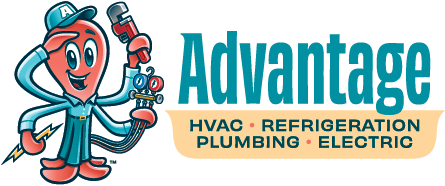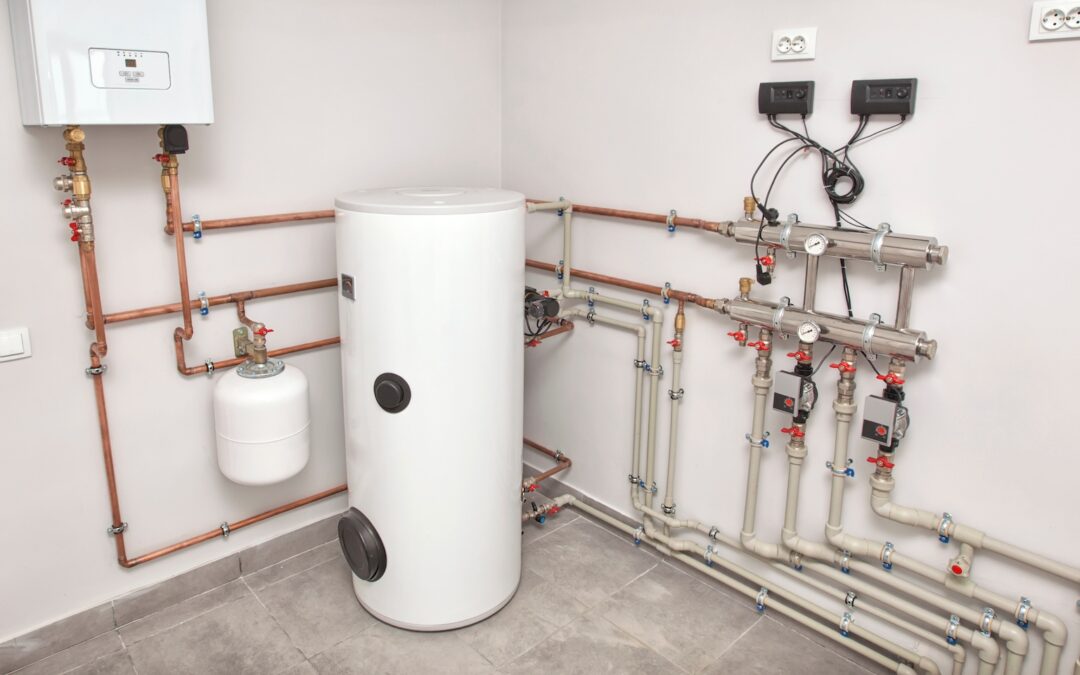Your water heater works hard every day to provide you with hot water for cooking, cleaning, bathing, and more. But like any appliance, it needs regular maintenance to perform at its best. One of the most common issues homeowners face with water heaters is sediment buildup, which can reduce efficiency, increase energy bills, and shorten the lifespan of your unit.
In this post, we’ll break down why water heater maintenance matters, how to prevent sediment buildup, and when it’s time to call a professional.
Why Water Heater Maintenance Is Essential
Whether you have a traditional tank system or a tankless water heater, regular maintenance is key to keeping your system running efficiently. Over time, minerals from your water—especially in areas with hard water—settle at the bottom of your tank. This sediment layer forces your water heater to work harder to heat the water, which can lead to:
- Higher energy costs
- Lukewarm or inconsistent water temperatures
- Noisy operation (rumbling or popping sounds)
- Increased risk of corrosion and leaks
- Premature system failure
What Is Sediment Buildup?
Sediment is typically made up of calcium and magnesium minerals found in your tap water. When water is heated, these minerals separate and settle at the bottom of the tank. Over time, this sediment can harden, making it more difficult to remove and more damaging to your water heater.
Even tankless water heaters can experience scale buildup inside their heating elements, which can reduce water flow and efficiency.
Signs Your Water Heater Has Sediment Buildup
Here are a few red flags that your water heater may need attention:
- Your hot water runs out faster than usual
- You notice cloudy or rusty water
- There’s a noticeable drop in water pressure
- You hear strange noises coming from the tank
- Your energy bills have gone up without explanation
How to Prevent Sediment Buildup in Your Water Heater
1. Flush Your Tank Annually
Draining and flushing your tank once a year can help remove accumulated sediment. This involves turning off the power/gas, connecting a hose to the drain valve, and flushing out the debris. If you’re not comfortable doing this yourself, a licensed plumber can handle it quickly and safely.
2. Install a Water Softener
If your area has hard water, a water softener can significantly reduce mineral content, preventing buildup before it starts. This not only protects your water heater but your entire plumbing system.
3. Add an Expansion Tank or Pressure Relief Valve
Excess pressure caused by thermal expansion can worsen sediment problems. Installing an expansion tank or properly maintaining your pressure relief valve helps keep things in check.
4. Schedule Professional Maintenance
Just like your HVAC system, your water heater benefits from annual inspections. A qualified technician can check for sediment, corrosion, faulty valves, and other early warning signs—saving you from expensive repairs later.
How Advantage HPE Can Help
At Advantage HPE, we specialize in water heater maintenance, repair, and replacement across the Florida Panhandle—from Panama City to Navarre. Our expert technicians can flush your water heater, inspect for damage, and recommend upgrades or water treatment solutions that fit your budget and needs.
We proudly serve both residential and commercial customers, and as a Veteran Owned and Operated business, we believe in delivering honest, reliable service you can count on.
Don’t Wait Until It Breaks—Schedule Your Water Heater Tune-Up Today!
If you’ve noticed signs of sediment buildup or just want to extend the life of your water heater, now is the time to act. Preventative maintenance is far more affordable than emergency repairs or replacements.
👉 Call Advantage HPE today at 850-GET-ANDY or book an appointment online to keep your water heater running efficiently all year long.

